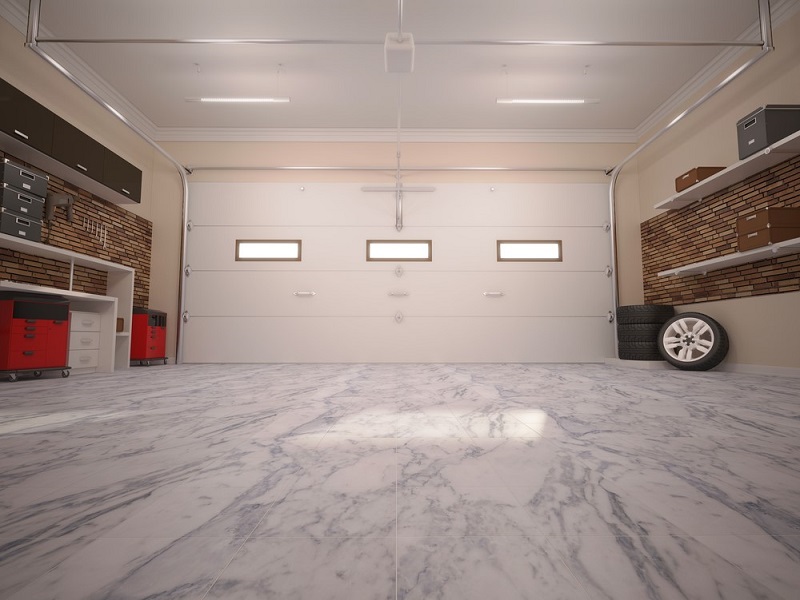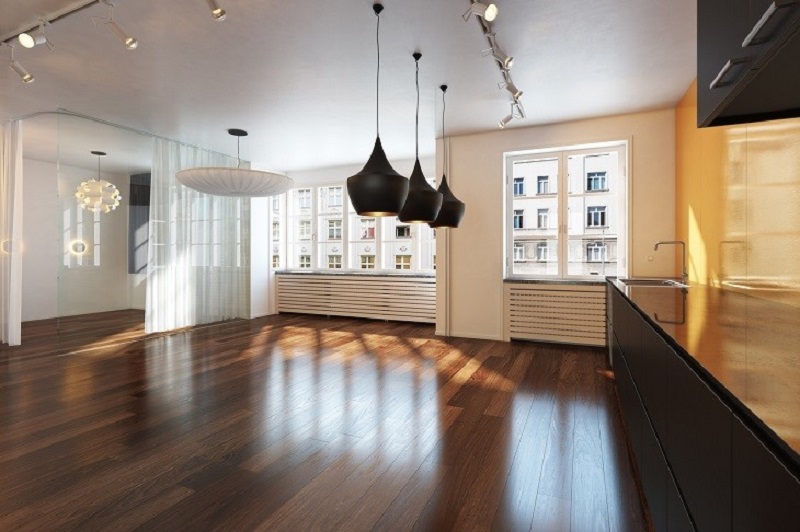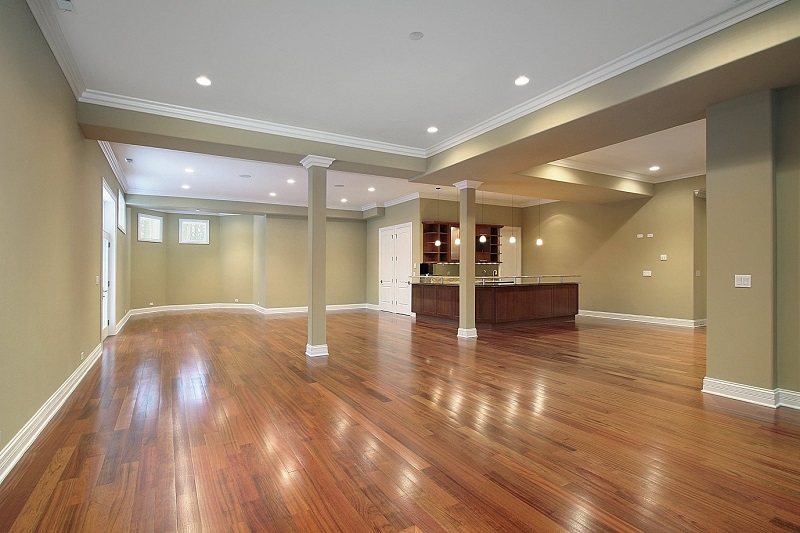
Epoxy floor coating or epoxy paints or floor coatings is basically a thermo setting resin used chiefly in strong adhesives and coatings, and laminates. Epoxy flooring is often used on floors as it is well known for its toughness and durability. Epoxy flooring or Epoxy Floor Paint has outstanding chemical resistance, durability, low porosity, and strong bond strength. Hence, it is applied on floors to save it from wear and chemicals. Epoxy is a thermo setting resin, which is used in adhesives, coatings and as a finished cover over repaired or patched concrete to provide an attractive texture and uniform finish. Industrial Epoxy Flooring, monolithic epoxy flooring is available in a variety of color choices.
Epoxy Floor Coating Preparation

An epoxy floor coating requires a clean and slightly porous surface to adhere to the need of the surface properly. Epoxy cannot be made in a form of sealed or polished concrete. The concrete also must be fully cured. Before applying epoxy floor coating, it is important to patch and repair all major cracks and chips in the concrete surface and to remove all the grease.
If the concrete is old, first test the surface for previous layers of epoxy or other products that might have been applied over the years. To test for sealant, pour a small amount of water on the floor. It should soak in. If the water persists on the surface rather than soaking in, it has perhaps been sealed and may not be suitable for an epoxy coating.
Before applying an epoxy floor coating, make sure that the temperature is suitable, and follow the manufacturers’ recommendations. Epoxy is a two-part liquid that you blend before applying. Once the product is mixed, you have a very limited time to apply the epoxy coating before it starts hardening.
Epoxy Primer Formulas
You may need to apply an epoxy primer and finisher coat, depending on the product being applied. The primer is applied similar to paint and is allowed to settle for several hours before the epoxy goes on. To apply the primer, cover the floor with a thin layer of water and then spread the primer in a thin layer over the entire floor. Allow the primer to dry. Then apply a second coat. The finisher is applied in a similar manner as the primer except the water layer.
Advantages of Epoxy Floor Coating

Epoxy floor coating offers many advantages when compared to other traditional coatings applied over concrete:
- Creates a shiny high-gloss surface that can considerably enhance the brightness of interior areas
- Provides a hard-wearing durable surface which is able to withstand heavy and continuous traffic
- Quick and easy to install. It requires no layout, cutting, additional adhesives, special tools or equipment’s
- Durable and easy to clean
- Ideal for warehouses and industrial applications
- Resists oil stains and water
- Gives rise to a seamless surface that can last for many years
- Can be combined with paints and colors to eliminate chips and cracks
- Provides a chemically resistant surface suitable for manufacturing plants.
- Allows increased safety when surface contains anti-slip additives
- Can be applied in different patterns to make them more visible
- Helps to prevent wear and tear on existing concrete floors
- May be compatible with self-levelling products that can be applied over new or old concrete, depending on the products
- Requires little or no major maintenance
Epoxy floor coatings are mostly used for commercial and industrial flooring. They are normally applied over concrete floors to provide a high-performance, smooth and durable surface that can last for many years and withstand huge loads. Many industrial sites, warehouses, and commercial buildings indeed rely on epoxy floors to maintain clean and safe conditions for workers, equipment’s, and inventory.





